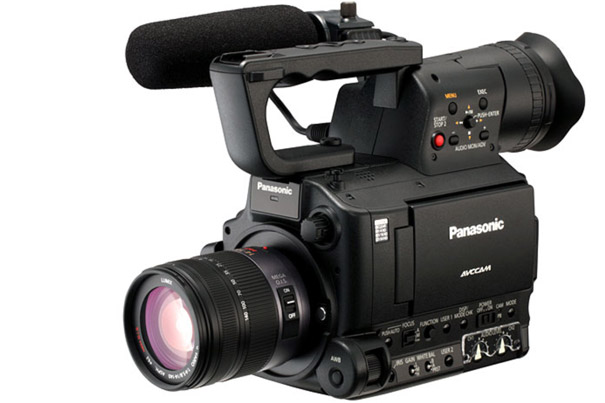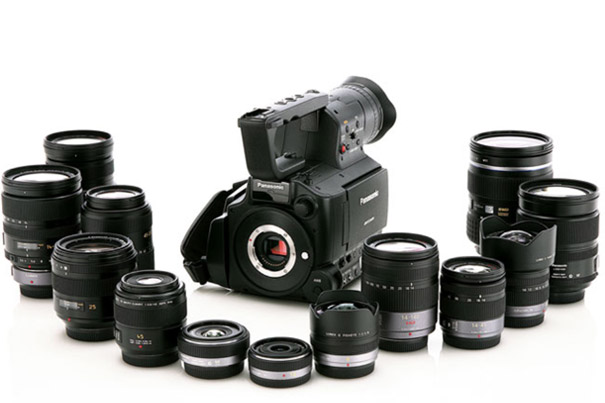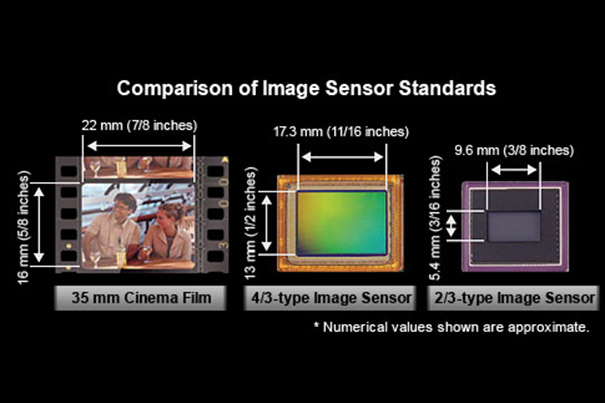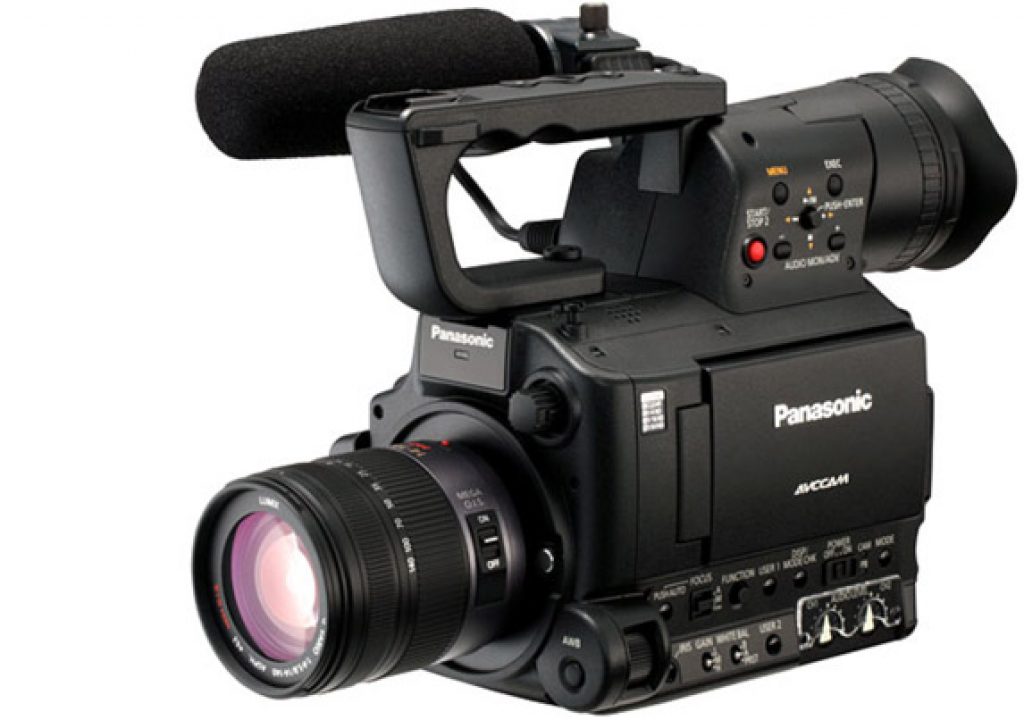
Panasonic is mostly known for their Lumix GH4 when it comes to video, but this may have been an accident, as the true camera they wanted to sell the movie and broadcast industries was the AG-AF100, a Micro Four Thirds sensor model. Something they may try again this NAB 2015.
Panasonic will have a press conference on the morning of Monday, 13th of April, at NAB 2015. According to rumours, the venue will serve to announce the replacement for the Panasonic AG-AF100 camcorder that the company created back in 2010. Pointed at the time as a potential HDSLR killer, the AF100 is mostly forgotten these days, even with the firmware updates launched by Panasonic. To know how the camera behaves, instead of reciting here a lot of technical details, let me point you directly to one article entitled Panasonic AF-100: The Good, The Bad, and The Ugly, by Art Adams, published here at Pro Video Coalition. You’ll find in the article information about real world use of the camera.

Although Art Adams and other names in the industry, as Philip Bloom, praised the camera at launch, the truth is that this Micro Four Thirds model, while presented as part of a series by Panasonic, is the only model available and has been for a long time, suggesting that it did not find general acceptance from the market. Considering that Panasonic made all efforts, at the time, to make the AF100 popular, the results seem to indicate their failure to implement the Micro Four Thirds CINE System, which seemed to be the aim.

In fact, many people seem to forget that when Panasonic entered the Micro Four Thirds adventure, with Olympus, they not only defined the changes in terms of lens mount to accommodate the video connections needed for their goals, they immediately created a CINE System, pointing to the advantage of the lens system. According to their info, “the imaging area of the camera recorder is almost the same as that of 35mm cinema film and enables an exquisite film-like shallow depth of field. The short flange back distance of the Micro Four Thirds Mount allows the use of a wide range of lenses, including cinema lenses. In the AG-AF100A Series, Panasonic has brought shallow depth of field control to a professional AVCCAM camera recorder. The AG-AF100A Series offers high image quality, including 1080/60p and 1080/50p, with extended recording time, a variable frame rate function, and an operating system and system interfaces designed natively for video production. This lets the AG-AF100A Series record high quality images with greater operating ease than even a digital SLR camera can offer. Let the AG-AF100A Series unleash your creativity.”
The AF100 was touted as “long awaited by the movie and broadcast industries”, a “professional HD camera recorder compliant with the Micro Four Thirds System” and Panasonic added that “more and more companies are signing up to take advantage of the movie capability of the Micro Four Thirds System” but all that marketing blurb did not seem to work, as only now, five years later, when the AF100 is at a discounted price, the signs of a new model seem to emerge.
The Micro Four Thirds CINE System, which some would expect to see covering the efforts of both companies in the M43 adventure – Olympus and Panasonic – is not even something they share, as only Panasonic uses the definition. Olympus, which is/was late to reveal more than a superficial interest in video – now, with their OM-D E-M5 Mark II, – has branded a name for their video segment: OM-D Movie. So, the Micro Four Thirds CINE System is only a Panasonic thing, really. Somehow it makes sense, as it seems to cover only professional camcorders, but then the affirmation “more and more companies are signing up” makes no sense at all. There is only one camcorder model available, and soon, if rumours are right, a new one. Finally, some say!
The so called Panasonic AF101 (or whatever they call the new model) will be a 4k model, with a 18MB sensor in line with the recent trend of Panasonic sensors. It will have improved low light capabilities and highlight rendition, with better skin tones. It is also said to offer a usable high ISO of 12800 (almost no grain, they say) and be, obviously, better than anything the competition has. Price will be high, as expected. More about this after – and if – Panasonic reveals the camcorder to the world, on the 13th of April.


